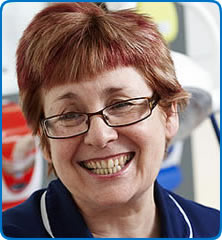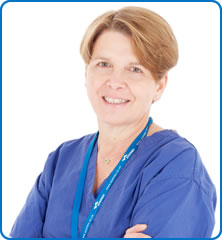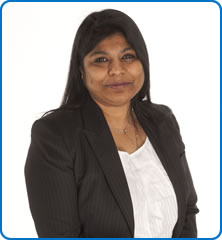Regular
Off
On
A-Z of Consultants
GMC Number: 4370150
Specialty: Orthopaedics
Secretary: Vicki Stocks / Julia Hirst
Telephone: Vicki Stocks 0117 414 1624 / Julia Hirst 0117 414 1627
Mr James Murray started practising as an orthopaedic consultant in Bristol in 2007. He started working at The Avon Orthopaedic Centre where he was the clinical audit lead for orthopaedics, Southmead Hospital, and at Frenchay Hospital where he was Trauma Lead from 2009-2013. He is now based in the Avon Orthopaedic Centre inside the Brunel building at Southmead Hospital Bristol.
Mr Murray graduated from Cambridge University, underwent basic surgical training at Oxford before working in knee and hip research in Newcastle. He then entered orthopaedic specialist training in the Wessex Deanery and won the EndoPlus Knee Prize in 2005. In 2006, he spent a Fellowship year in Sydney, Australia at the internationally renowned Australian Institute of Musculoskeletal Surgery, gaining valuable experience in sports injuries and joint replacement surgery under the supervision of Merv Cross. That same year he was awarded the British Association of Surgery for the Knee travelling fellowship.
Mr Murray has a keen research and training interest having written numerous published peer-reviewed papers and one book, A to Z of Musculoskeletal and Trauma Radiology, which was published in June 2008. He also reviews for a number of journals, and is a member of the Bristol Knee Group which carries out research and teaching related to knee surgery both in the UK and internationally.
His elective knee practice covers sports injuries of the knee, patella instability, young adult OA, partial and full knee joint replacement and revision joint replacement..
Murray

 General acute surgery at North Bristol NHS Trust treats patients with a range of general surgery conditions, especially hernia surgery.
General acute surgery at North Bristol NHS Trust treats patients with a range of general surgery conditions, especially hernia surgery.
